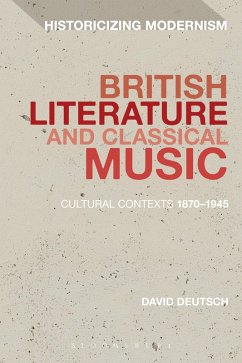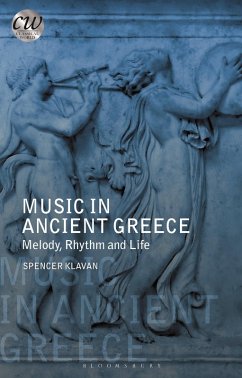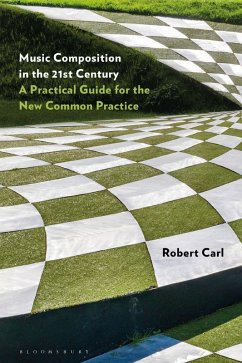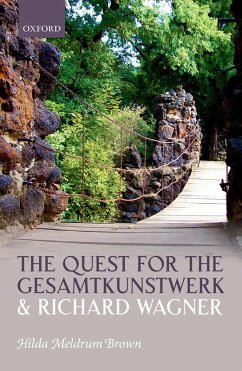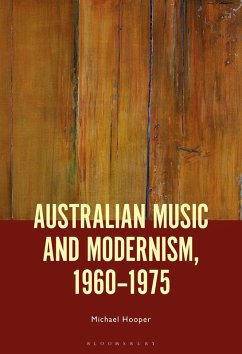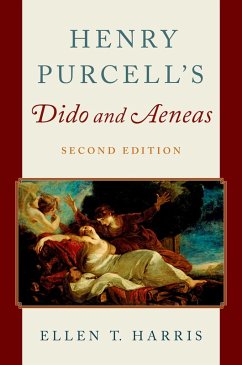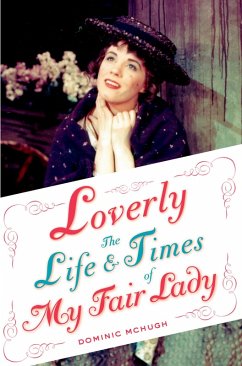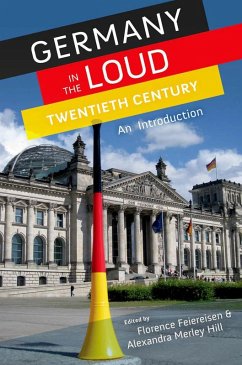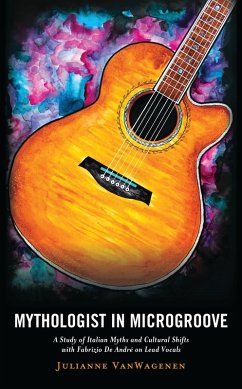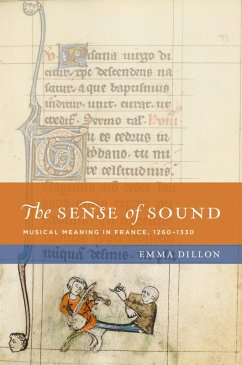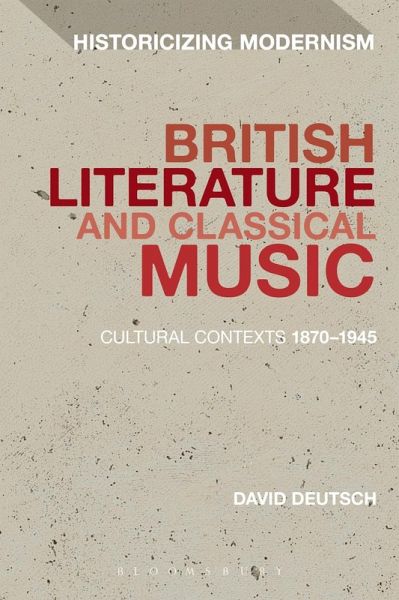
British Literature and Classical Music (eBook, PDF)
Cultural Contexts 1870-1945
Versandkostenfrei!
Sofort per Download lieferbar
31,95 €
inkl. MwSt.
Weitere Ausgaben:

PAYBACK Punkte
16 °P sammeln!
British Literature and Classical Music explores literary representations of classical music in early 20th century British writing. Covering authors ranging from T.S. Eliot and Virginia Woolf to Aldous Huxley, H.G. Wells and D.H. Lawrence, the book examines literature produced during a period of widely proliferating philosophical, educational, and performance-oriented musical activities in both public and private settings. David Deutsch demonstrates how this proliferation caused classical music to become an increasingly vital element of British culture and a vehicle for exploring contentious is...
British Literature and Classical Music explores literary representations of classical music in early 20th century British writing. Covering authors ranging from T.S. Eliot and Virginia Woolf to Aldous Huxley, H.G. Wells and D.H. Lawrence, the book examines literature produced during a period of widely proliferating philosophical, educational, and performance-oriented musical activities in both public and private settings. David Deutsch demonstrates how this proliferation caused classical music to become an increasingly vital element of British culture and a vehicle for exploring contentious issues such as social mobility, sexual freedoms, and international political rivalries. Through the use of archives of concert programs, cult novels, and letters written during the First and Second World Wars, the book examines how authors both celebrated and satirized the musicality of the lower-middle and working classes, same-sex desiring individuals, and cosmopolitan promoters of a shared European culture to depict these groups as valuable members of and - less frequently as threats to - British life.




